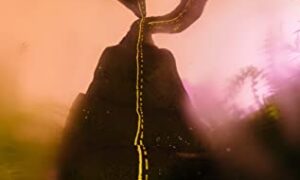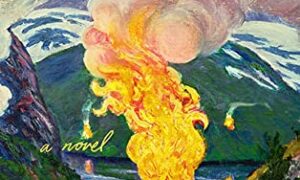 The Alienist by Machado de Assis
The Alienist by Machado de Assis
My rating: 5/5 cats





ah, machado.
he just never fails.
this is just a short little work, part of melville house’s wonderful “art of the novella” series, but it is machado, so you know it is going to be wholly satisfying, despite being only 86 pages.
this one is about… madness. and how you don’t want one person in charge of determining who is crazy and who is not. especially not this man:
In his fortieth year Bacamarte married the widow of a circuit judge. Her name was Dona Evarista da Costa e Mascarenhas, and she was neither beautiful nor charming. One of his uncles, an outspoken man, asked him why he had not selected a more attractive woman. The doctor replied that Dona Evarista enjoyed perfect digestion, excellent eyesight, and normal blood pressure; she had had no serious illnesses and her urinalysis was negative. It was likely she would give him healthy, robust children. If, in addition to her physiological accomplishments, Dona Evarista possessed a face composed of features neither individually pretty nor mutually compatible, he thanked God for it, for he would not be tempted to sacrifice his scientific pursuits for the contemplation of his wife’s attractions.
because any man who is that clinical and impassive, that removed from ordinary human sentiment, is not the person i want telling me what sanity is. and by the end, you will be wishing he had just married a hotter wife. this is a man who needs distractions.
alas, instead of enjoying marital bliss with a fascinating woman, bacamarte instead sets out to single-mindedly diagnose the citizens of itaguai with their heretofore unrecognized mental disorders, and to open the first asylum in brazil.
he has a huge madhouse, and many rooms to fill.
and fill it he shall, using the “i don’t know what it is, but i know it when i see it” argument.
machado wrote this in 1881, and the field of psychotherapy still had a ways to go, and i swear this man had some robert johnson thing going on, because his prescience, in all of his works, is so keen. he feels so damn modern, it thrills me.
in his hands, this becomes darkly absurd, and for a tiny little work, there are several reversals and more plot than you would expect, more plot than many authors could have delivered.
to be clear, this book is not about capital-e evil, it is not about taking advantage of position and influence. it is about misguidedness, pure and simple. so it is a more nuanced work than one that is just “this man is abusing his power.” when you think of machado’s contemporaries like dickens or wilkie collins, and how polarized their good/evil characters are, machado’s psychological insights are even more impressive. thomas hardy was probably the only person writing at the same time who wrote emotional and moral ambiguity as well as machado.
and you know how i feel about him.
definitely read machado. i plan on doing some re-reading of him this year myself, and reading some of the ones i have not yet gotten to.







